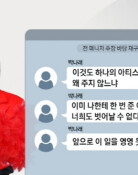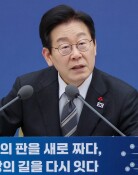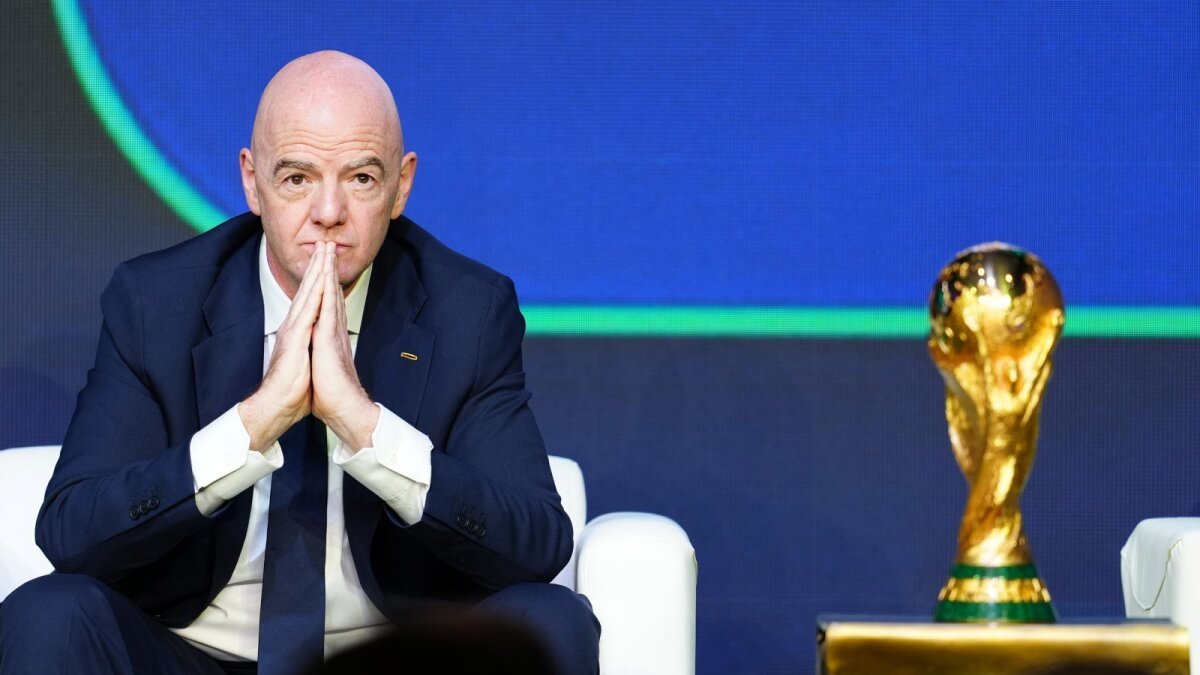Female FBI Agent Exposes Bureaucractic Problems
Female FBI Agent Exposes Bureaucractic Problems
Posted June. 07, 2002 23:48,
In the U.S., two female whistle blowers are drawing attention these days. One is Minneapolis FBI agent Coleen Rowley who blew the whistle on FBI’s incompetent response to the terrorist attacks in last September. Another is Sherron S. Watkins, Enron’s vice president, who warned against accounting scandals of the company.
Rowley sent a 13-page letter to FBI director Robert Mueller on May 21 charging that supervisory FBI agents in Washington threw up "roadblocks" last year to the Minneapolis field office`s investigation of suspected terrorist Zacarias Moussaoui.
Her letter said that if the bureau had promptly sought a warrant to search Moussaoui`s belongings, it might have prevented the Sept. 11 attacks. She said that the FBI`s bureaucracy is a major problem.
On the Senate Judiciary Committee hearing aired live on June 6, Rowley said that “there are eight levels before you get to" bureau Director Robert Mueller and also said that “bureaucracy, climate of fear, and careerism” are serious in the bureau. She also stressed the need to streamline the bureaucracy in the nation`s premier law enforcement agency.
Watkins sent a letter to Kenneth Lay, the corporation`s chief executive officer on August last year and said that "I am incredibly nervous that we will implode in a wave of accounting scandals”.
On her contribution to New York Times, Brandeis Law School professor Anita F. Hill analyzed that both Rowley and Watkins “had access to information, authority over others and positions in the chain of command that gave them access to the leadership.”
Another similarity pointed out between them was that both “attained respected insider status, but also demonstrated outsider values” due to male exclusivity in their institutions. It was in 1971 that the bureau first admitted women in its training program for agents. In the case of Enron, women occupy only 3% of all executive positions.
Hill also pointed out that “the not-too-distant history of male exclusivity in their institutions meant both were outsiders as well. Yet perhaps their experiences as women in traditionally male workplaces heightened their awareness of resistance to much needed change and deepened their commitment to making it happen.”
Mi-Kyung Jung mickey@donga.com







